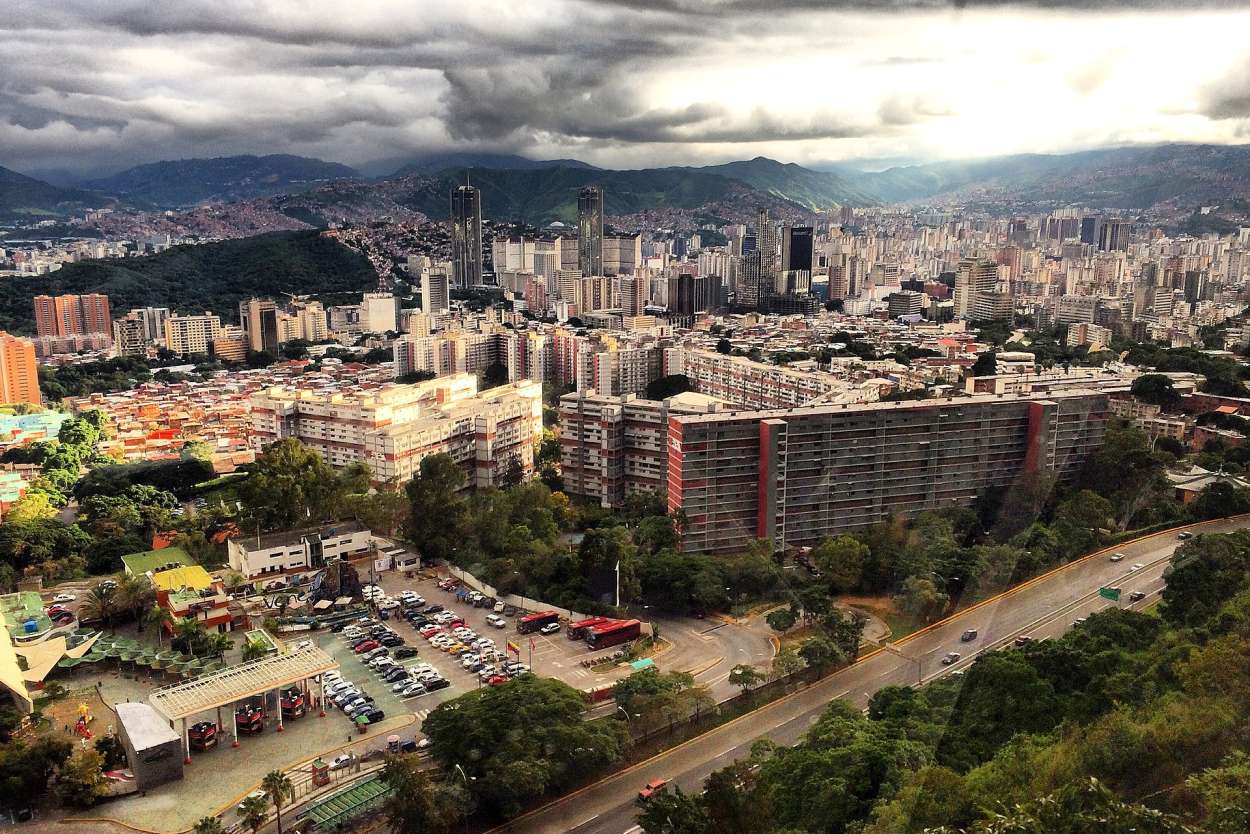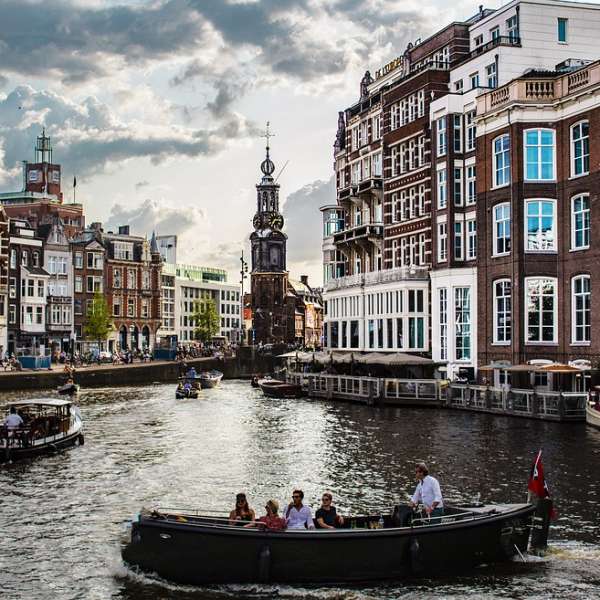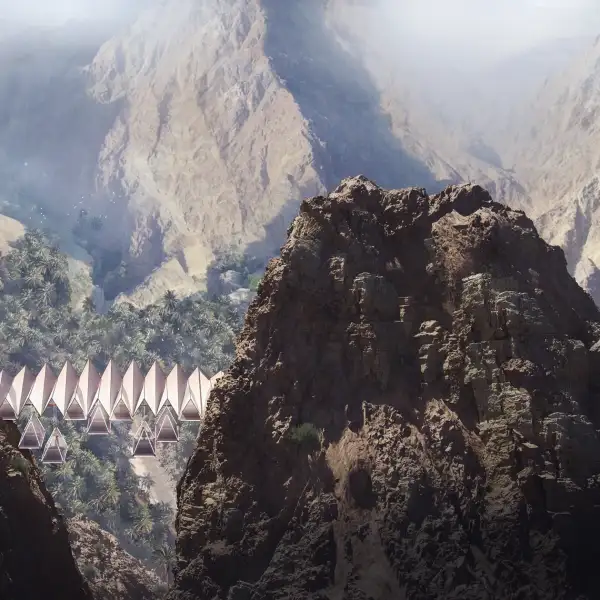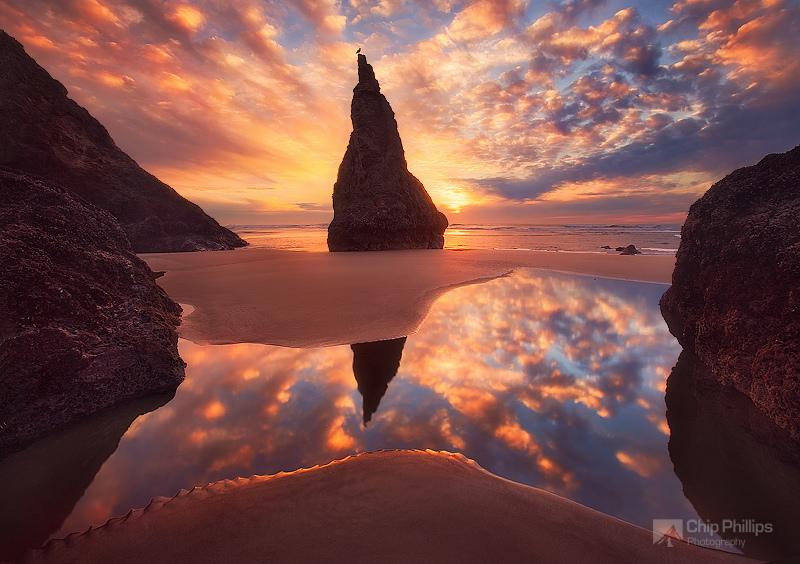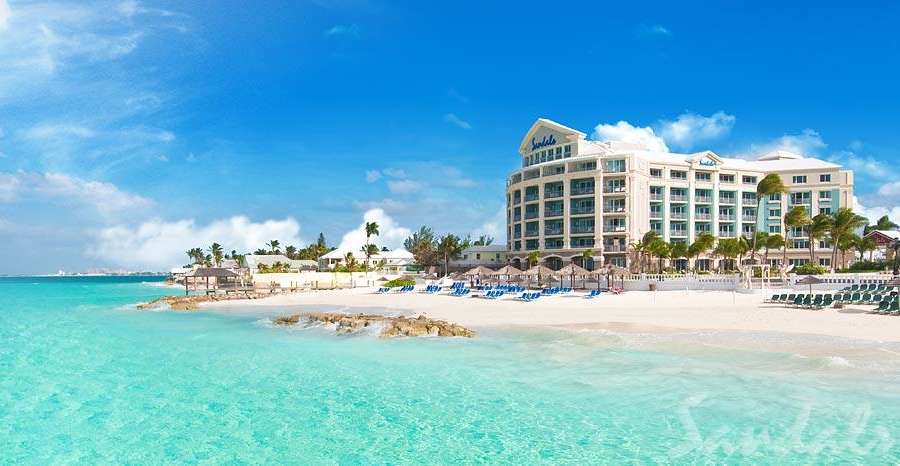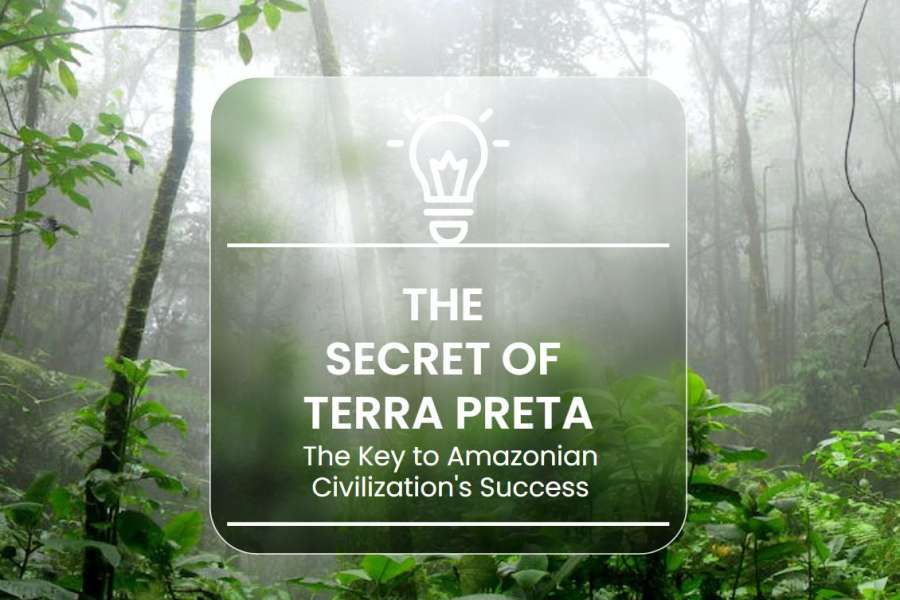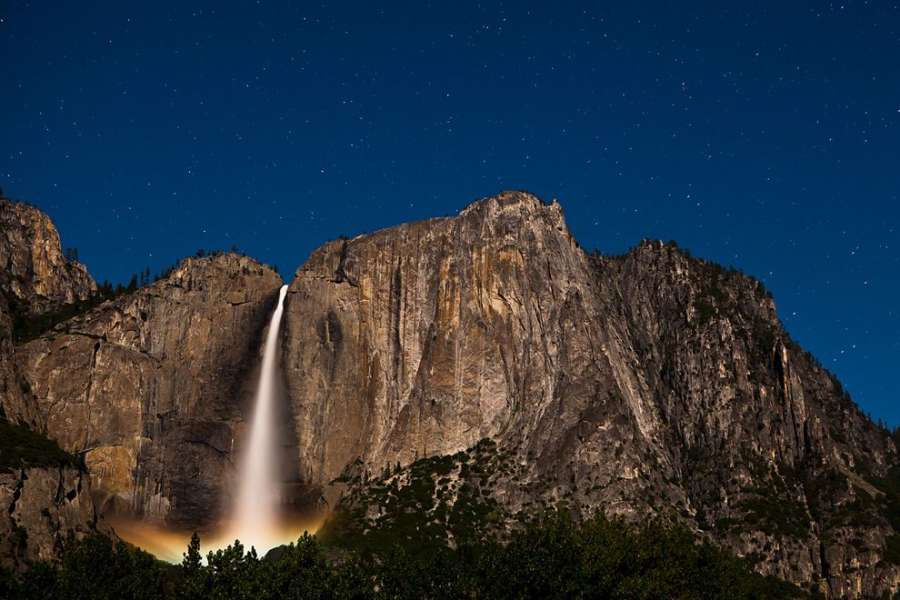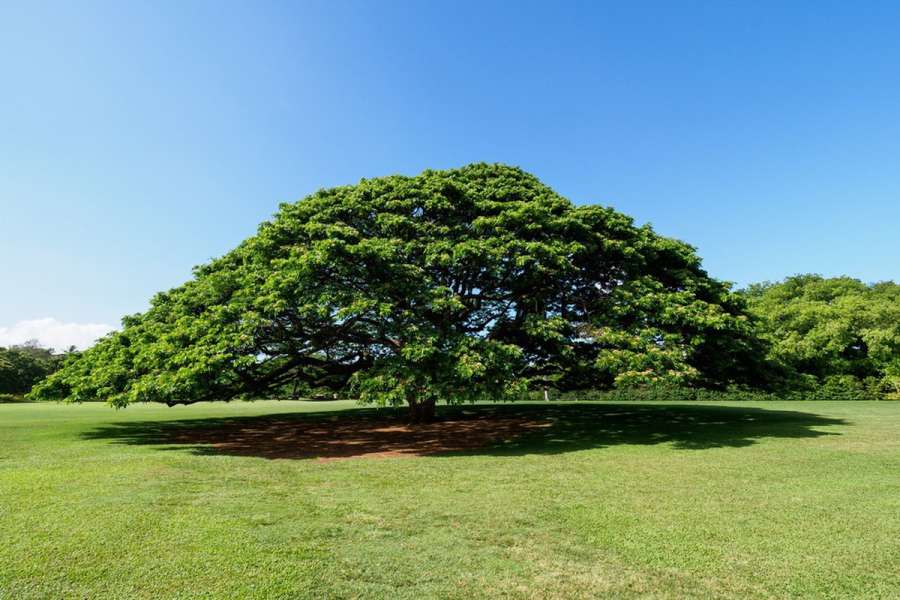Venezuela (Bolivarian Republic of Venezuela), once a wealthy South American nation known for its vast oil reserves and bustling economy, has recently been making headlines for all the wrong reasons. Caracas, the capital city of Venezuela, has been ranked as the most dangerous city on the planet multiple times, with a skyrocketing murder rate and widespread poverty leaving its residents struggling to survive. We will delve into the challenges faced by the people of Caracas as they navigate their daily lives in one of the world’s most dangerous cities.
The Crisis Unfolds
Venezuela’s descent into chaos can be traced back to the late 1990s, when the country was ruled by President Hugo Chávez. Chávez’s socialist policies and nationalization of key industries sent the economy into a tailspin, and by the time of his death in 2013, the country was already facing severe shortages of food, medicine, and other essential goods.
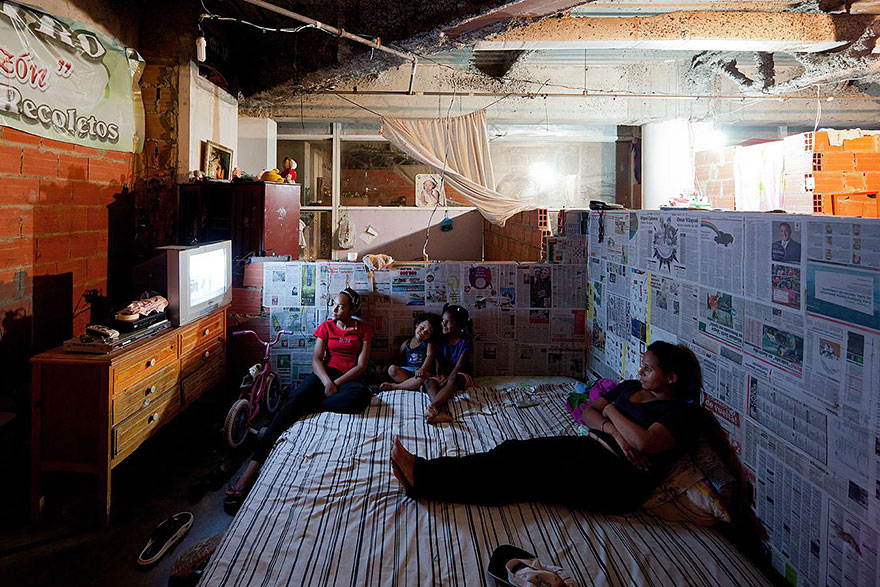
The situation has only gotten worse since then, with the current president, Nicolás Maduroas, continuing Chávez’s legacy of mismanagement and corruption. The country’s economy has completely collapsed, leading to hyperinflation and a shortage of basic goods, including food, water, and electricity. This has led to widespread poverty and unemployment, with nearly 90% of the population living in poverty and more than a quarter of the workforce unemployed.
The Effects of Crime and Violence
The economic crisis in Venezuela has led to a surge in crime and violence, with Caracas being one of the hardest hit cities. The city has become a hotbed of criminal activity, with gangs and armed groups fighting for control of the streets. The result is a city where the average person is faced with the threat of robbery, kidnapping, or murder on a daily basis.
The situation has become so dire that even the police are considered to be part of the problem, with reports of widespread corruption and abuse of power. Many residents avoid calling the police, as they fear being subjected to even more violence at the hands of those supposed to protect them.
A Struggle for Survival
Despite the constant danger, life goes on in Caracas, and its residents have learned to adapt to the dangers that surround them. For many, this means relying on family and community to protect them, as they cannot rely on the government or law enforcement.
Many people have turned to informal economies to make a living, such as street vending or working in the black market, where they can earn a little money to support their families. However, these informal economies are not without their dangers, and many people are forced to work long hours for low pay, with the threat of violence and exploitation always looming.
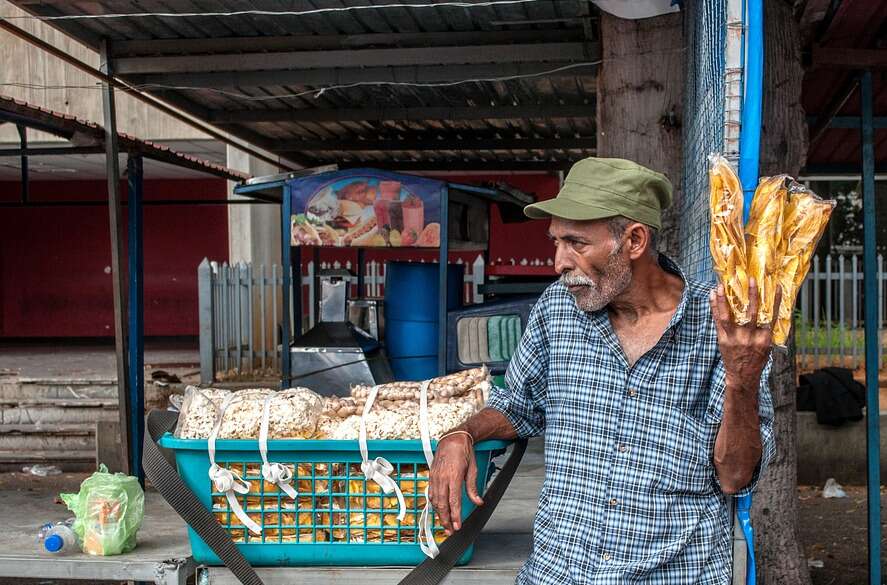
The healthcare system has also been devastated by the crisis, with hospitals and clinics struggling to provide basic medical care. The shortage of medicine and medical supplies has led to an increase in preventable diseases and infections, and many people have been forced to seek medical treatment in other countries.
The Future of Venezuela
The situation in Venezuela is complex, and it is unlikely to change anytime soon. The government is unable or unwilling to address the root causes of the country’s problems, and the international community has been unable to find a solution. The country is facing a humanitarian crisis, with millions of people in desperate need of food, medicine, and basic necessities.
Despite the challenges, there is still hope for Venezuela. The country has a rich history and a strong culture, and its people are resilient and resourceful. However, it will take a concerted effort by the government, the international community, and the people of Venezuela themselves to bring about the changes that are desperately needed. Until then, life in the country will remain a constant struggle for survival.

